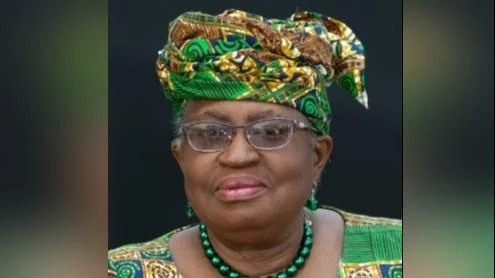The ongoing discussions on dispute settlement reform at the World Trade Organization (WTO) are intensifying as the year-end deadline approaches. Ambassador Dwarka-Canabady, appointed as facilitator for these talks in April, has urged members to focus on restoring functionality to the system rather than creating a new one with more complex obligations.
With only 16 working days remaining before the final General Council meeting of 2024, she emphasized the need for practicality and flexibility in approach. "We need to be practical in approach. We should see under each part of the mandate what the potential outcome could be and where we are, and work on finalizing a text where convergence exists," she stated.
At their 12th Ministerial Conference (MC12) in June 2022, WTO members committed to discussions aimed at establishing a fully functional dispute settlement system by 2024. This commitment was reaffirmed at MC13 earlier this year.
Progress has been reported since the last Heads of Delegation meeting on October 11. Experts have been meeting regularly, focusing on appeal/review, accessibility, and other areas. A progress report circulated among members outlines concepts discussed and identifies whether further work is needed or if they are stabilized.
Ambassador Dwarka-Canabady clarified that the objective is not an "early harvest" agreement but to demonstrate progress achieved so far and outline potential solutions for dispute settlement reform.
Joel Richards from Saint Vincent and the Grenadines reported that discussions have intensified with substantive progress made on some sub-topics like scope of review and incentives to appeal. However, differences remain regarding access to appeal mechanisms and standards of review.
David Stranger-Jones from the United Kingdom highlighted significant advancements in accessibility discussions. A "zero draft" text addresses capacity building and technical assistance, alongside proposals for a dispute settlement fund model covering various costs associated with litigation.
Stacy-Paul Healy from Canada mentioned informal consultations with members about moving forward with reforms. Information sessions have covered topics from February's consolidated text, with further technical meetings scheduled for December.
Over 20 members expressed their views during recent meetings, acknowledging momentum gained since October's session. Many emphasized using remaining weeks productively to secure progress by year's end while considering future discussion paths.
General Council Chair Ambassador Petter Ølberg concluded by encouraging continued efforts until December's meeting when outcomes can be assessed further.

